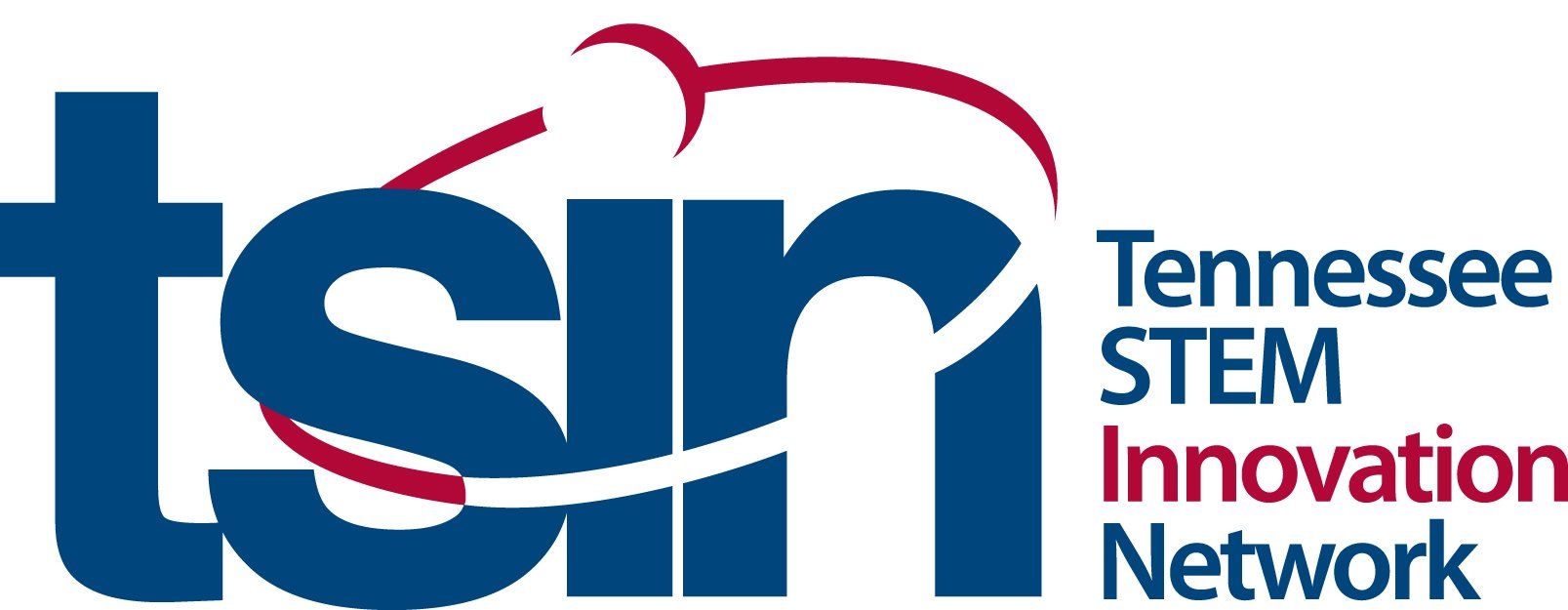Exploring Ecology and Water Conservation
Maker Monday
Water on Earth is crucial for all living organisms. The average human uses 80 to 100 gallons of water each day. How can you help to make sure water resources are available for years to come?
Today, you will conduct a study in the water usage in your home and hypothesize how to conserve water.
Step 1: You can be an environmental scientist or conservationist. Check out Earth’s Water
to get an idea of where water is around the world. Why do we need to conserve water?
Step 2: Do you know how the water company measures the water your home uses? This week you will collect data using your water meter connected to your home. Read here
how to read a water meter and where to find it at your house.
Step 3: How will you record your data? You can use an Excel, Google Sheets, or paper to track your water usage. Collect data from the meter every evening or morning (or both). Write down the usage number recorded on the meter.
Step 4: Build a graph to show your families usage of water. Use this site
to help you build a graph. Look for patterns and trends in the usage. What was the highest usage day? What would impact water usage in your house? How would a leak impact your usage?
Step 5: Discuss your evidence with your family and make a family plan to conserve and be mindful of water usage. Share your graphs and family plans to conserve water on social media using #MakerMondayTN
and #LearningInPlaceTN!
Additional Resources:
Wonder Wednesday
Can you imagine Earth without water? The oceans make up about 90% of the world’s water-- making the oceans the largest and most valuable water source. How can people protect this large water source?
Today, you will help support clean water awareness and find out more about the innovations that are making a difference.
Step 1: Water, Water Everywhere! You may not realize it but there are different types of water and they all have an important role in keeping the organisms, including humans, of Earth alive. Explore water with the video above.
Step 2: By 2050, research shows more plastic will be in the ocean than fish. What will happen to Earth if we do not find solutions to conserve and take care of our oceans? Check out “Why the Ocean Matters”
Step 3: Innovative ways to clean and protect our oceans and waterways are starting to impact the ecosystems. Investigate 3 methods amazing that have been engineered.
Method 1
Method 2
Method 3
Step 4: We can all take part in protecting our waterways and oceans from pollution. How can you help bring awareness to cleaning up efforts? Create a poster, infographic, or PSA to share ways we can help clean up our oceans and waterways.
Step 5: Ask a family member to share your poster, infographic, or Public Service Announcement to help keep our waterways and oceans clean on social media using #WonderWednesdayTN
and #LearningInPlaceTN!
Additional Resources:
Future Friday
If you have a passion for protecting the Earth and all the animals and plants that reside on it, then you might enjoy a career in conservation. Conservations make a tremendous impact on the world.
Today, you will investigate the different careers in conservation.
Step 1: With so many options in the fields of ecology and water conservation, there are opportunities to study many different areas. Learn from two different college students about their experiences.
Step 2: Explore what conservationists and environmental scientists do in our world here. You don't have to wait until you're an adult to make a difference in our world.
Step 3: Everyone has a part in helping to take care of the planet. Watch
Cole’s story and how he is making big impacts at a young age. Does this give you ideas about helping the planet?
Step 4: What other careers are in conservation? Explore other careers in conservation here.
Step 5: If you love the Earth and helping educate people on this unique planet, a career in this field might be for you! Share a role in conservation and environmental science that interests you on social media using #FutureFridayTN
and #LearningInPlaceTN!
Additional Resources:




